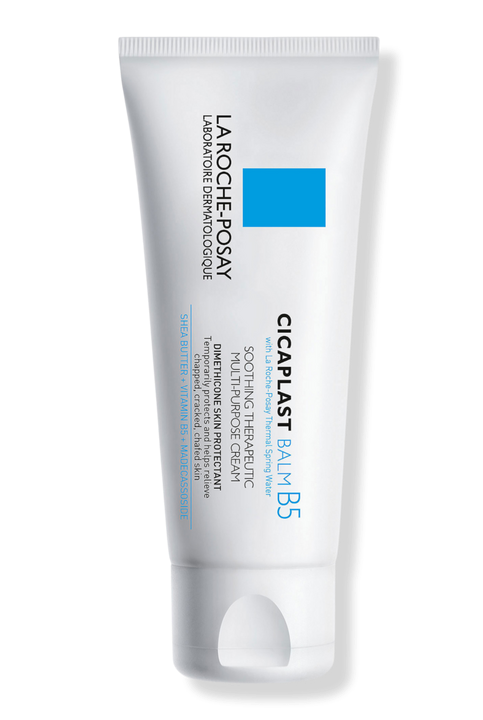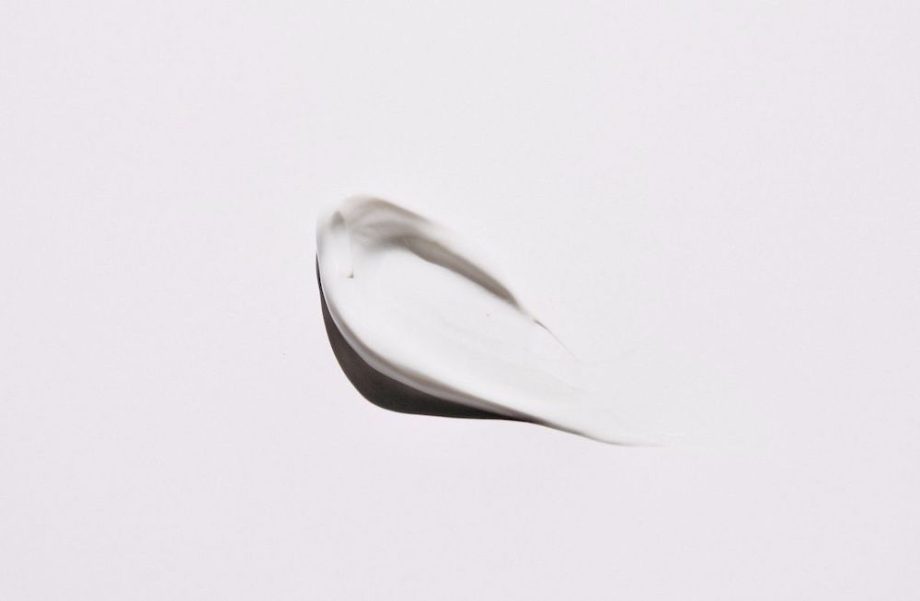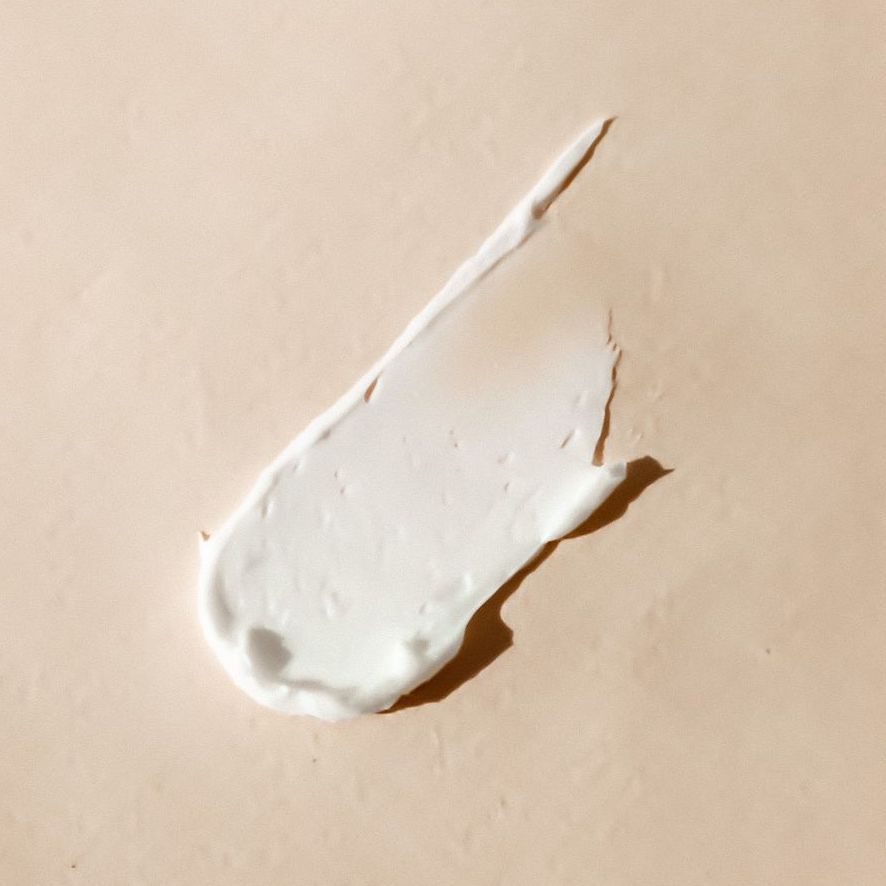Bonjour mes beautés! Welcome back to another enlightening passage into the world of skincare. Today, I will share the secrets of French skincare, the epitome of luxury, simplicity, and efficacy that women worldwide have aspired to embody. But this time, we’re taking a special turn, focusing our attention on those who are battling with damaged skin.
Whether it’s sun damage, acne scars, sensitivity, or the effects of aging, the timeless wisdom of French skincare offers a holistic and gentle approach to help restore your skin to its natural glow. So, fasten your seatbelts and get ready to focus on damaged skincare à la française!
French Skincare Tips for Damaged Skin
French skincare is synonymous with simplicity, elegance, and gentleness, focusing on the health of the skin rather than masking imperfections. For damaged skin, it encourages the use of mild, non-irritating ingredients, frequent hydration, and consistent sun protection. Understanding and respecting the skin’s natural barrier is a fundamental aspect of this approach.
What is Your Skin Barrier?
The skin barrier, also known as the stratum corneum or lipid barrier, is the outermost layer of your skin. It’s your skin’s first line of defense against environmental aggressors like pollutants, bacteria, and UV rays. It’s responsible for keeping your skin hydrated by preventing water loss and protects it from external threats.
Signs of a Damaged Skin Barrier
When the skin barrier is damaged, the skin can become dry, dehydrated, and more prone to redness and irritation. Other signs include a rough texture, flakiness, increased sensitivity, and a feeling of tightness or itchiness. These symptoms can lead to more serious skin conditions like eczema and rosacea if left untreated.
Causes of Damaged Skin Barrier
What destroys the skin barrier? Several factors can contribute to a damaged skin barrier, such as over-exfoliation, use of harsh skincare products, environmental factors like extreme weather conditions and pollution, UV radiation, and even lifestyle habits like poor diet and stress.
Apart from external aggressors, certain skincare habits can also wreak havoc on your skin barrier. Over-washing, over-exfoliation, and using products with high alcohol content or other harsh ingredients can strip the skin of its natural oils, leading to a weakened skin barrier.
Benefits of Healing Damaged Skin
Healing a damaged skin barrier can lead to healthier, more resilient skin. It reduces redness, sensitivity, and the tendency towards dryness or oiliness. Moreover, a healthy skin barrier can better absorb the beneficial ingredients from your skincare products, giving you a more radiant and youthful complexion.
Treatments for Damaged Skin
French skincare offers an array of treatments for damaged skin, with a focus on gentle, nurturing products. The emphasis is on restoring the skin’s natural balance using ingredients that support barrier repair, hydration, and inflammation reduction.
Barrier Repair Treatments
Barrier repair treatments aim to restore the skin’s natural protective layer. They typically contain ingredients like ceramides, cholesterol, and fatty acids, which are the building blocks of the skin barrier. Niacinamide is another key ingredient, known for its skin-strengthening and soothing properties.
Moisturizers
Moisturizers play a vital role in repairing the skin barrier by locking in moisture and providing a protective layer against environmental stressors. Look for products containing hyaluronic acid, glycerin, and ceramides, which are excellent at restoring hydration and elasticity to the skin.
La Roche Posay Cicaplast Balm B5
La Roche-Posay’s Cicaplast Balm B5 is a multi-purpose balm designed to soothe and repair dry, irritated skin. It’s a part of the Cicaplast range, which is specifically formulated to target various forms of skin irritation and promote skin repair. Get this cult cream from Amazon, Ulta, or Target.
This balm is enriched with Panthenol (also known as Pro-Vitamin B5), which has moisturizing and soothing properties to help speed up the skin’s natural healing process. It also contains Shea Butter and Glycerin for their intensive moisturizing benefits, which can help restore the skin’s barrier function, locking in moisture and protecting against further damage.
In addition, it contains Madecassoside, a compound derived from Centella Asiatica (or Tiger Grass), which is known for its potent skin-soothing and repairing capabilities.
When applied to the skin, it forms a protective layer that helps to seal in moisture, making it ideal for dry skin conditions. It can be used on various forms of skin irritation such as chapped skin, dry patches, minor burns, or after dermatological procedures.
Avène Cicalfate+ Restorative Protective Cream
A go-to for many French women dealing with damaged skin, Avène’s Cicalfate+ Restorative Protective Cream is designed to soothe and repair. Enriched with sucralfate, a unique ingredient that promotes epidermal restoration, it’s a standout product for healing and reinforcing the skin barrier.
Avène Cicalfate Restorative Hand Cream
For hands suffering from damage or excessive dryness, Avène Cicalfate Restorative Hand Cream is a true skin savior. Its rich, nourishing formula helps repair, soothe and protect your hands, making it a staple in French skincare routines.
La Roche-Posay Cicaplast Hand Cream
La Roche-Posay Cicaplast Hand Cream is designed specifically to repair and protect damaged hands. It provides a comforting barrier to shield the skin from further harm while encouraging the healing process.
The formula includes high concentrations of Glycerin, a potent humectant that draws moisture into the skin and maintains hydration levels, preventing dryness and flaking.
The cream also features Niacinamide (Vitamin B3), a skin-restoring ingredient known for its ability to improve the appearance of enlarged pores, uneven skin tone, and dullness, while also strengthening the skin’s barrier function.
The texture of Cicaplast Hand Cream is designed to be fast-absorbing, non-sticky, and non-oily, making it comfortable for daily use. It leaves an invisible protective layer on the skin’s surface, like a glove, that protects hands from external aggressors and over-washing, while sealing in moisture for lasting relief.
How to Maintain the Skin’s Barrier and Prevent Damage
Maintaining a healthy skin barrier involves a balanced skincare routine and a healthy lifestyle. Regular cleansing, exfoliating gently, moisturizing, and protecting your skin from the sun are crucial. Also, remember to drink plenty of water, maintain a balanced diet, and get enough sleep.
Heal by using Antioxidants
Antioxidants are essential for healing damaged skin as they combat free radicals – the molecules that damage cells and contribute to aging and diseases. Vitamins C, E, and ferulic acid are powerful antioxidants that can help repair and prevent further damage to the skin.
Hydrate the Skin
Proper hydration is crucial for maintaining a healthy skin barrier. Ensure to drink plenty of water and use products with hydrating ingredients like hyaluronic acid, glycerin, and aloe vera to keep your skin plump, smooth, and radiant.
Reduce Skin Inflammation
Reducing inflammation is key to healing damaged skin. Look for skincare products with calming ingredients like centella asiatica, green tea, chamomile, and licorice root. Avoid ingredients and products that may trigger inflammation or allergic reactions.
Use Sunscreen Daily
Sunscreen is a non-negotiable part of a French skincare routine. Not only does it protect your skin from the harmful effects of UV rays, but it also prevents premature aging and further harm to the skin barrier. These are the best face sunscreens on the market.
Tips to Restore Damaged Skin
To restore damaged skin, adopt a gentle skincare routine, focus on hydration, and prioritize barrier repair. Cut out harsh products, and opt for soothing, nourishing treatments. Be patient – skin repair takes time. Here are some tips for revitalizing damaged skin.
Can a skin barrier be permanently damaged?
While extensive damage can significantly weaken your skin barrier, it’s not usually permanent. With the right care, your skin can rebuild and strengthen its barrier over time. However, chronic or recurring damage can lead to long-term skin issues, so prevention is key.
How long does it take to improve your skin barrier?
It typically takes about two to four weeks to improve your skin barrier with consistent, targeted care. However, the time can vary depending on the extent of the damage and the individual’s skin type and overall health.
Does your skin barrier heal itself?
Yes, your skin barrier has the ability to heal and regenerate itself. However, it needs the right conditions and nutrients to do so effectively. That’s where a careful skincare routine and healthy lifestyle habits come into play.
What are some of the best ways to heal damaged skin?
The best ways to heal and repair damaged skin include using gentle, hydrating skincare products, protecting your skin from sun damage, maintaining a healthy diet, and drinking plenty of water. It’s also crucial to give your skin time to heal without introducing new products or treatments too quickly.
How do you know when a damaged skin barrier has healed?
When your skin barrier has healed, you’ll likely notice a reduction in redness, dryness, and sensitivity. Your skin will feel smoother, more resilient, and better able to maintain hydration. However, it’s important to continue your skincare routine to keep your skin healthy and prevent further damage.
What are the best nutrients for healing damaged skin?
Essential nutrients for healing damaged skin include vitamins A, C, and E, which have powerful antioxidant and skin-restorative properties. Omega-3 fatty acids, zinc, and protein are also crucial for skin health and repair.
Can I reverse skin damage?
While you can’t entirely reverse skin damage, you can significantly improve your skin’s appearance and health with the right skincare routine and lifestyle habits. Prioritizing hydration, protection, and gentle care can help minimize the signs of damage and prevent further harm to your skin.




